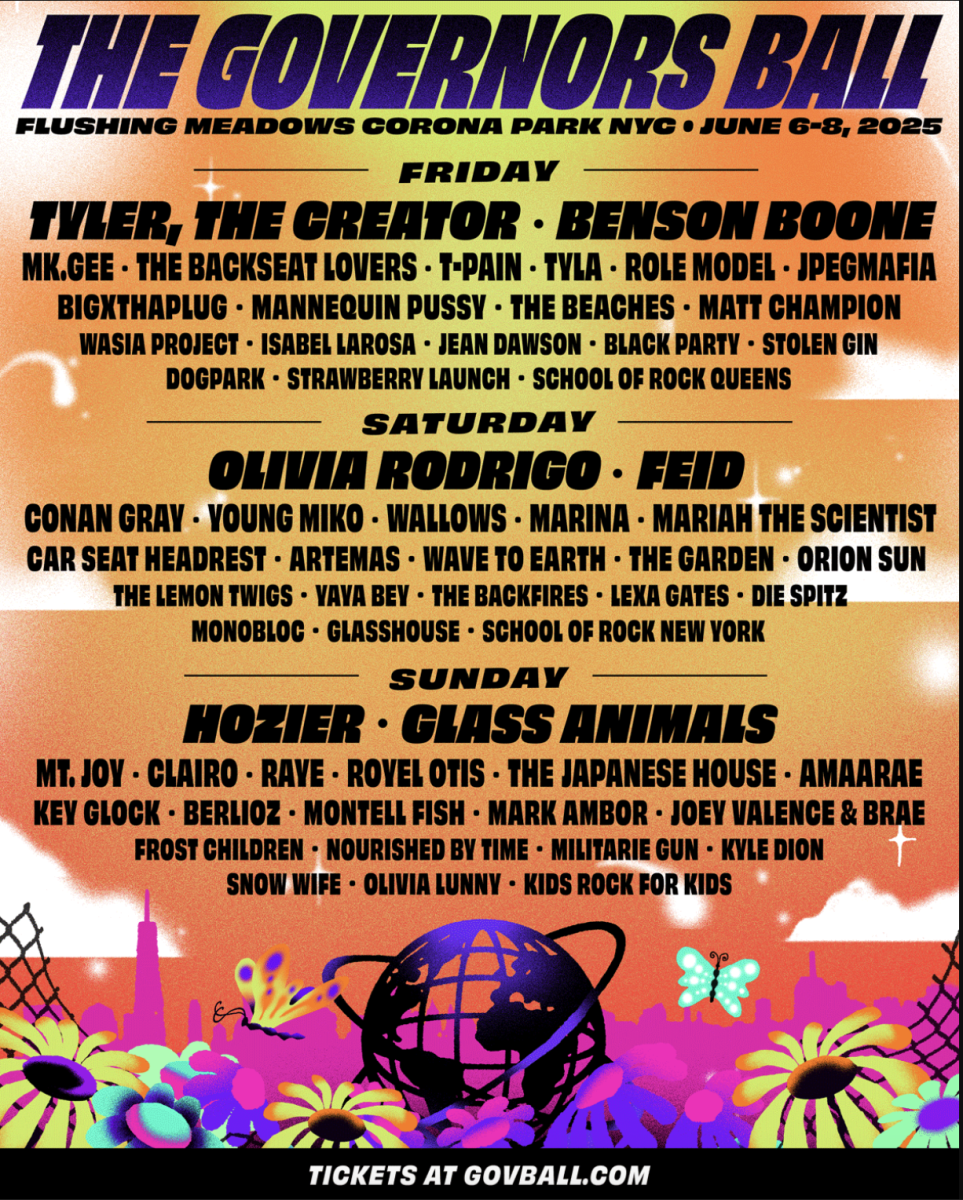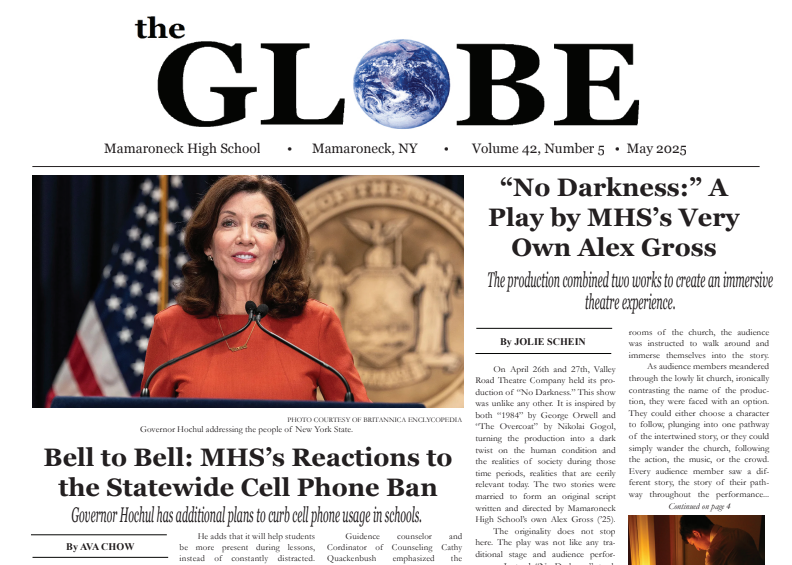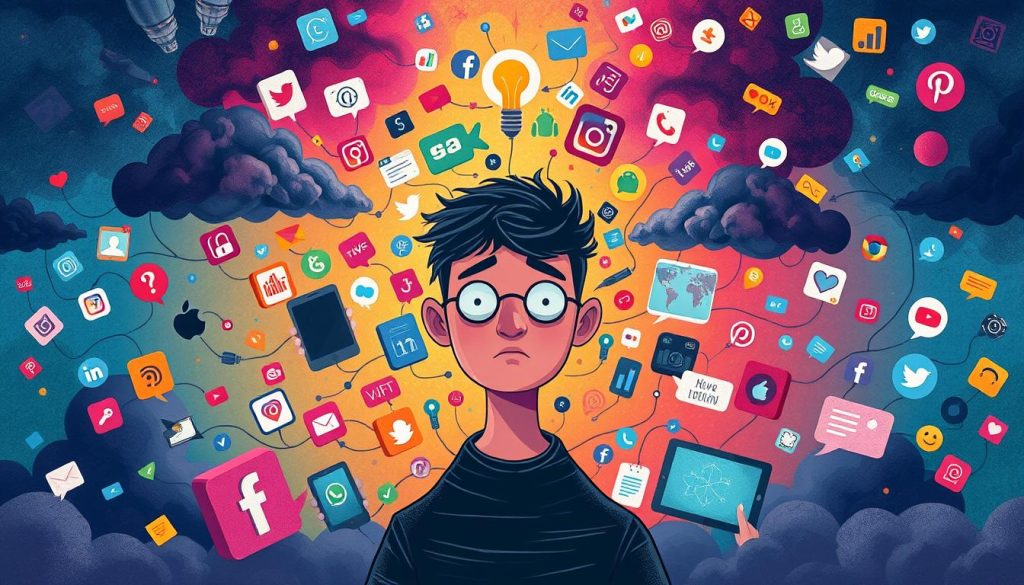Dreaming During a Global Pandemic
June 17, 2020
Have you been having unusually vivid dreams during quarantine? Many people have been experiencing this phenomenon recently–including members of the MHS community. One anonymous student states, “I never used to remember my dreams, but now I wake up every morning remembering every dream I had the night before in detail.” MHS student Lulu Tantillo shares a similar experience: “One night I had a dream I was making homemade pasta. It was so vivid, I woke up and remembered the steps. I’ve never made pasta before but my dream made me want to try, so I made pasta that afternoon.” Although it may seem strange, there is a scientific explanation for it all.
Dreaming takes place during a stage of sleep known as R.E.M sleep (or rapid eye movement sleep). According to the New York Times, Periods of R.E.M sleep increase in length through- out the night, producing an increase in R.E.M density. This increased R.E.M density demonstrates a higher level of activity in the brain, which means that someone who sleeps longer is likely to have more vivid dreams. Researchers have also concluded that those who suffer from chronic sleep deprivation will experience vivid dreams more frequently when “catching up” on sleep.
Knowing this, it’s no surprise that MHS students are experiencing vivid dreams. As a result of online learning, numerous students are waking up later and catching up on sleep lost during the school year. When asked if they felt well rested during school days pre-online learning, one MHS student responded, “Absolutely not.” They continued, saying, “before online school, I was definitely not getting the correct amount of sleep. It’s weird to think about how I used to get up at 6:30 in the morning every school day.” While learning at home, it seems that students are taking advantage of the change in schedules to bolster their sleep schedules. As a result, more students are experiencing increased R.E.M density, which influences much more vivid dreams.
On top of this, the stressful state of current events could also influence more vivid dreams. Across the globe and in the MHS community, The COVID-19 pandemic breeds collective stress. Studies have shown that increased stress in one’s life could result in occasional nightmares or possibly idiopathic, or frequent, nightmares. Multiple students have mentioned experiencing nightmares over the last two months, with one student reporting nightmares “two to three times a week.” Clearly, these unusual external factors are impacting the MHS community on both a conscious and a subconscious level.
Although many students are finding it difficult to control the occurrence of these sometimes frightening dreams and nightmares, it’s important to remember steps can be made in daily life to prevent these. Destressing throughout the day via walks, meditation or mindfulness practices, could help counteract stress and lessen the occurrence of stressful dreams. Creating a consistent sleep routine and a comfortable sleeping environment are also measures that might help.






